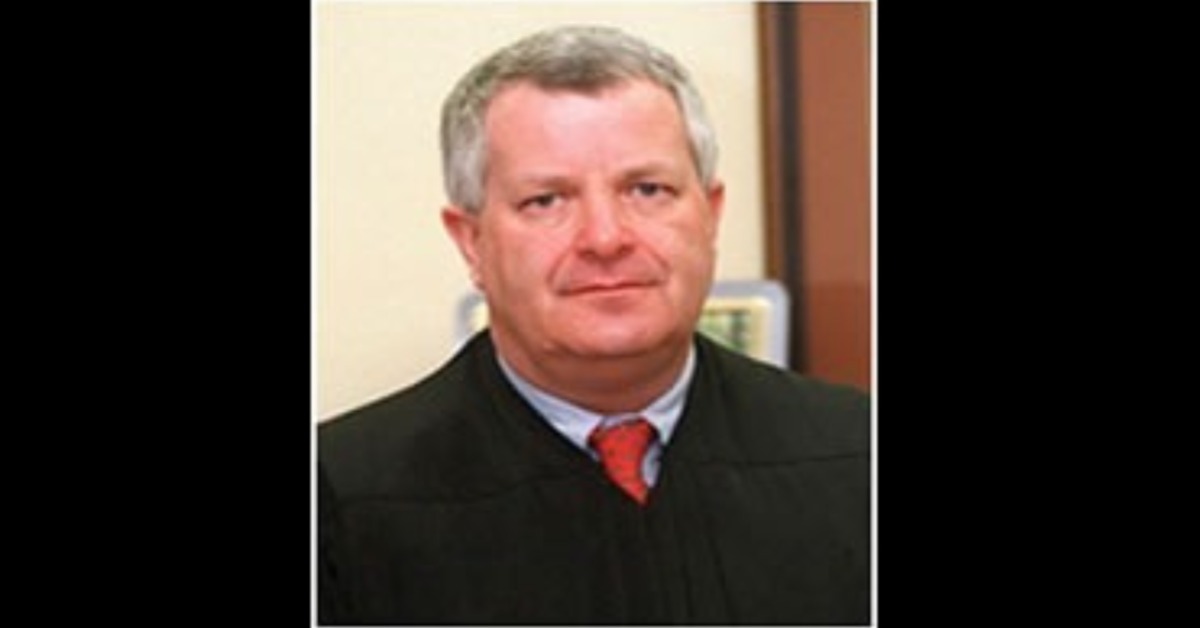While millions of Americans are struggling and over 100,000 have died, the coronavirus pandemic has proved a windfall for Michael Conahan, a corrupt former Luzerne County, Pennsylvania, judge theoretically serving a 17.5-year federal-prison sentence for his role in the kids-for-cash scandal.
Conahan and coconspirator Mark Ciavarella, an ex--juvenile-court judge from the same county, grabbed millions in bribes to help establish a for-profit jail then incarcerate nearly 5,000 children there. The kids' so-called offenses included creating a webpage that mocked an assistant school principal---conduct likely protected by The First Amendment.
With the children imprisoned at ongoing taxpayer expense, the judges illegitimately extended their incarcerations while the jail reportedly neglected and abused them. Ciavarella and Conahan continued to send kids there and hold them while an increasing number of children committed suicide.
Now Conahan complains his own incarceration threatens his life. And the DOJ seems to care more for the crooked judges than for their victims.
When the Juvenile Justice Center of Philadelphia uncovered this so-called kids-for-cash scandal and word reached the nation, the DOJ had little choice but to arrest Ciavarella and Conahan. Shortly thereafter, however, the DOJ offered them plea agreements conspicuously low on prison time.
Only a federal judge was able to stop the deals by ruling them unjustly lenient.
Under the pleas Conahan and Ciavarella likely would've been released in 2016, after each served 6 years and 2 months of a 7.25-year sentence.
Conahan instead got 17.5 years under a different plea agreement. Steadfastly unrepentant, Ciavarella blew trial and got 28 years.
But to many of the survivors and aggrieved parents of the dead, Ciavarella and Conahan still got off light. One crying mother tried to rush up to Judge-turned-Defendant Ciavarella as he exited the courthouse on bail. She was held back by deputies.
"You ruined our lives!" she screamed.
Perhaps the federal court in Scranton, PA, weighed all this when it denied Conahan's recent petition for compassionate release. Conahan asserted he has cardiac issues, including hypertension, and a rare autoimmune disorder that present, "grave danger of not only contracting the virus, but of dying from the virus."
Although 6,341 federal prisoners had tested positive for the coronavirus and 87 had died nationwide around the time of Conahan's petition, no one has died and only 7 prisoners had tested positive where the DOJ held Conahan, the low-security federal correctional institution (FCI) in Miami, Florida. The facility features billiards, bocce ball, tennis courts, ceramic shops, and a pond with Egyptian geese, according to a source with recent firsthand knowledge.
And days after a judge rejected Conahan's claims of urgency, the DOJ once again came to his rescue. This time nobody outside the department could stop it.
On Friday, June 19, 2020, Conahan left prison. The DOJ furloughed him until July 19, pending its decision whether to accept home confinement for the remaining 6 years of his sentence. The DOJ can do this without outside approval because Conahan technically remains a prisoner while furloughed or home confined.
Moreover, the DOJ was likely aware this would reflect negatively on Trump. One news outlet quickly reported, "Conahan, whose corruption behavior[sic] was dissected in a documentary film, books and national news coverage, joins the likes of former Trump campaign chairman Paul Manafort and former Trump lawyer and fixer Michael Cohen in getting sprung from prison early."
But Conahan is without a known connection to Trump. His unique relationship with the DOJ dates to Obama.
Conahan's victims might consider headlining a White House petition with one of the many concise video clips about kids for cash. They could demand the administration (1) order the Justice Department to stop giving corrupt former judges Michael Conahan and Mark Ciavarella unmerited preferential treatment during their 17.5- and 28-year sentences for selling 5,000 kids to a private prison, (2) end Conahan's furlough and return him to federal prison as soon as practicable, and (3) investigate whether Conahan and Ciavarella hold undue influence over the DOJ.
Such a petition would likely be newsworthy. Although unable to speak for others, this reporter would certainly write about it.
Spokespersons for the DOJ, Bureau of Prisons, and White House did not return a request for comment as to whether or not Conahan and Ciavarella are receiving or received special treatment.
Marty Gottesfeld is an Obama-era political prisoner. You can donate to his defense fund at FreeMartyG.com and follow his campaign on Facebook and Twitter at @FreeMartyG.

 Donate Now
Donate Now
 Follow
Follow 
